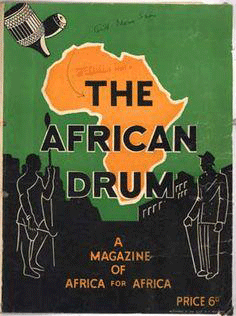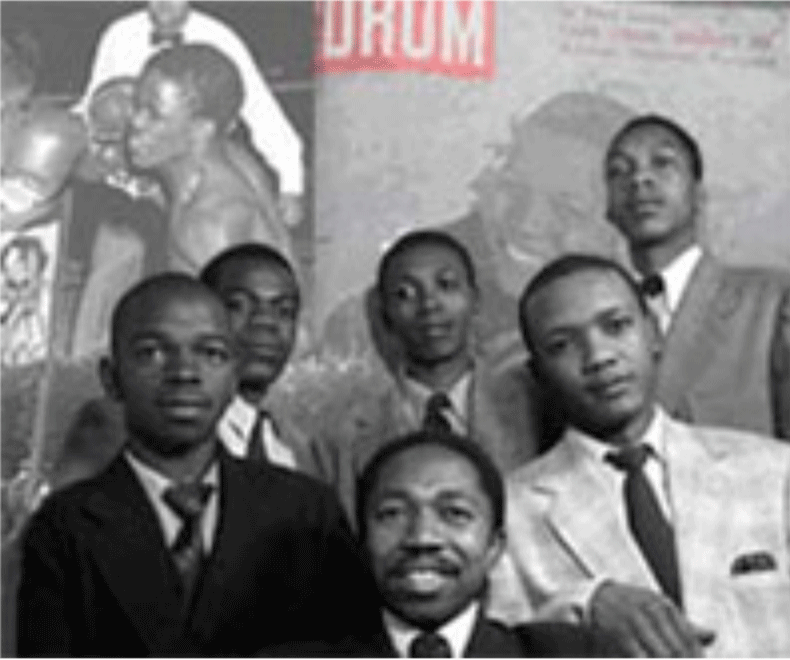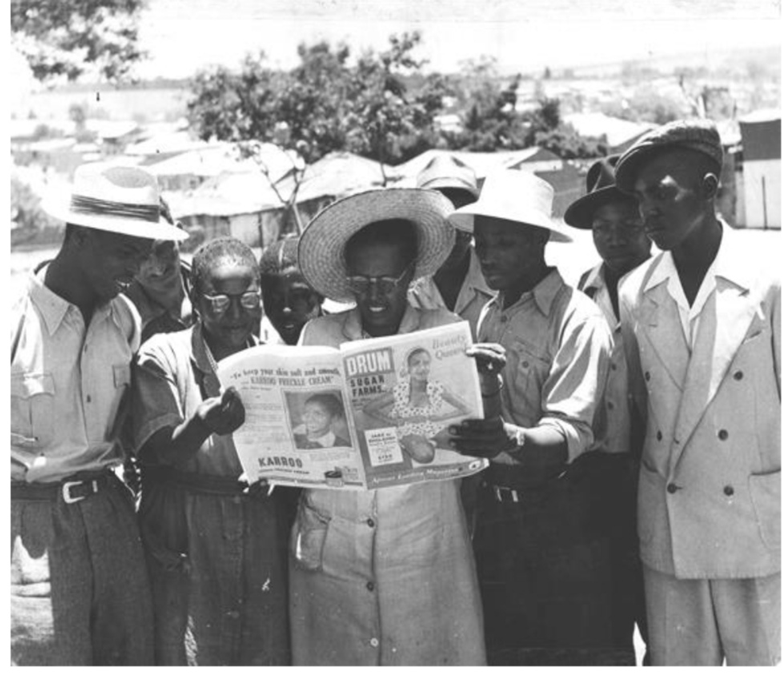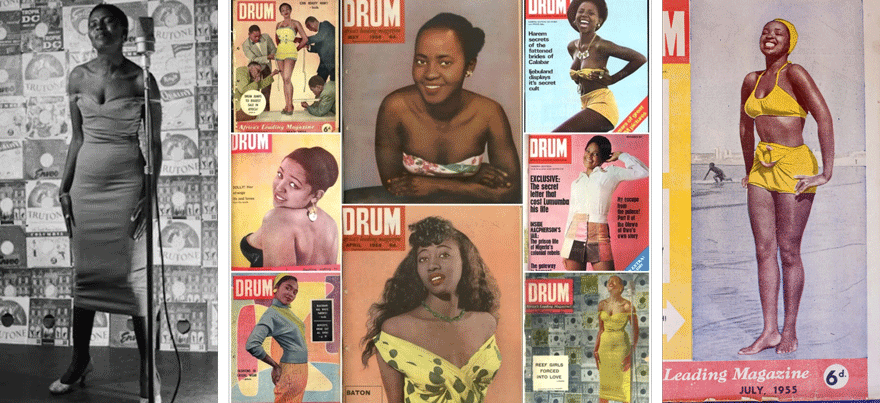April 27th marks the date that South Africa celebrates Freedom Day. This is the day when South Africans celebrate their freedom as well as commemorate the first post-apartheid elections held on that day in 1994. This day serves to memorialize, celebrate and honour people who fought for the freedom we enjoy today.
South Africa’s political and historical background is interwoven with the oppressive apartheid regime. Freedom Day is not meant to fester feelings of resentment by those who were oppressed; rather, it is a day when those who were oppressed celebrate the freedom many of their comrades lost their lives fighting for. Like most victories, it is bittersweet.
In honour of Freedom Day, this article highlights, commemorates and applauds Drum magazine, a historically important magazine which came into publication during a turbulent time in the country and served as an instrument to fight the dismantlement of the apartheid regime. Drum magazine was first published in March 1951 and has grown in leaps and bounds since its conception.

Drum was created with the intention to develop a platform for Black writers to challenge the tyrannical regime of the time. The magazine was not created with the idea of being radical yet its effects were revolutionary. It was a ground breaking publication that encouraged its writers to speak truth to power, pioneering in Black journalism by combining investigative and in-depth photojournalism. Additionally, the magazine operated on the fringes of society, and this created a space whereby journalists could freely contest their ideas.
As a retaliation of the apartheid, some people joined the African National Congress (ANC), Pan Africanist Congress (PAC) and other revolutionary liberation political parties with the aim of overthrowing the oppressive government.
The writers’ weapon of choice is their pen, and paper serves as the battleground where they challenge their enemies. The brave journalists at Drum brought the adage “the pen is mightier than the sword” to life. Words, individually, may not have any impact but, when strung together by the right commander, they have the power to evoke feelings which motivate people to take action by using whichever weapon of choice they feel the most comfortable with.
The words on paper were as provocative as they were polarizing for their readers, which was the key to its success. The government banned the magazine, deeming it as too scandalous, and this created hype and curiosity around it, which propelled its success.

The magazine’s ethos aligned with the United Nations Sustainable Development Goal of Peace, Justice and Strong Institutions through exposing the atrocities that were inflicted on Black people by the apartheid regime, in order to seek justice for the oppressed.
The magazine may have highlighted the injustices that Black people experienced during apartheid, but it also highlighted the everyday lives of Black people. The magazine profiled the closest thing to normalcy that Black people experience in townships.
It should be taken into account that even in chaos there is also the presence of beauty, ambitions, happiness and sorrow. Monotony of life still continues to some extent during times of upheaval. As surreal as it sounds, people did experience sporadic feelings of happiness which Drum highlighted. The magazine covered the entirety of the Black experience.

Even in times of turmoil, people should be allowed to celebrate their accomplishments and proudly flaunt things that bring them joy, no matter how frivolous they may seem to others. This is the case with beauty pageants. Black women were not eligible for these contests and were restricted to beauty competitions organized by publications like Drum magazine.
Drum was a platform to highlight influential Black people who served as an inspiration for young Black people. It also highlighted the lifestyles of the stars that Black people wanted to emulate. Most of them lived in Sophiatown, the artistic centre of Johannesburg. The magazine often profiled Black, beautiful and boisterous divas, namely Miriam Makeba, Letta Mbulu, Dorothy Masuku and Dolly Rathebe to name a few. These mega divas of Sophiatown came out of a golden era of literary and musical genius, a time the 1950s often referred to as “the Drum decade” after the popular Black urban culture magazine.

The publication addressed the United Nations Sustainable Development Goal of Reduced Inequalities by calling attention to the inequalities, injustices and inhumanity that marginalized Black people faced during apartheid.
The magazine played an integral part in emboldening the voices of Black people and gave them a public platform to freely engage ideas with other like-minded thought leaders. Drum amplified the names of Black South African writers, journalists, anti-apartheid freedom fighters, beauty queens, gangsters and musicians.
During its peak, one of its most notable and celebrated editors was Henry 'Mr Drum' Nxumalo, who was brutally murdered, which cut his illustrious career short. Few journalists were as impactful as Nat Nakasa, Todd Matshikiza and Can Themba, whose legacy lives on through his short stories which are still enjoyed decades later, and some have been turned into plays such as The Suit.
Even after decades, such publications are important and relevant. Wherever there are wars, oppression and injustices are inevitable. Drum and similar publications such as Staffrider will never cease to be necessary. Until we live in an impossible utopia, then we will need to have platforms whereby writers are able to freely speak truth to power.
